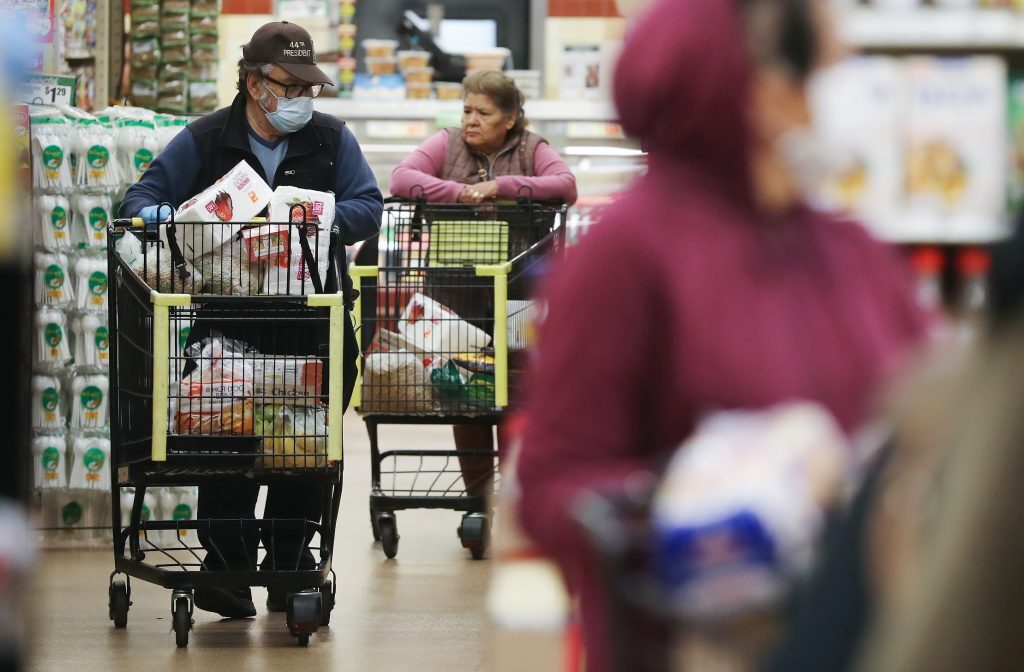So, this is the new normal. Here we are. After the worst of lockdown, as it were, on level three. What does it mean and how will our lives and the nature of work change?
We’ve been hearing about this “new normal” for the last two months. The only consistent thing appears to be that you still can’t buy cigarettes.
Two months of lockdown have decimated the economy, let’s hope it was worth it. Now we have to rebuild. What is certain is that the economic landscape post-COVID is much like the devastated wasteland you see in futuristic sci-fi movies. We’ve been living through the zombie apocalypse, thankfully without the zombies.
So, what do we do to turn the lights back on?
Some industries have been harder hit than others if they are in retail, restaurants or bars, entertainment venues, hairdressers or beauty salons, personal trainers, chiropractors and physiotherapists, therapists and doctors. Reading that list, it does seem to be the jobs that are arguably the least likely to be automated by robots or artificial intelligence. The good news for those people is that they’ve been unable to work in a pandemic but at least their jobs are potentially safe from AI…. Cold comfort.
So, what is the new normal and what will the future of work look like?
With fears of a second or third wave when businesses reopen, and with only a third of staff allowed in at one time, it’s certain that lots of people are still going to work from home.
Companies are going to use what is already being called a hybrid model. Thankfully, in the age of smartphones, laptops and fast internet, if you’re able to work like that, you probably were already before the lockdown. If you’ve just joined the remote working and mobile workforce, you’ll know it has ups and downs. Less time in traffic, cheaper fuel bills but you have to juggle working with (younger) kids disturbing you, and housework. It’s a middle-class problem, sure, but it’s the middle class who earn the salaries, pay the taxes, take out mortgages, buy cars and smartphones, eat at restaurants (if only) and subscribe to streaming services. The middle class is an economic engine for any economy at the best of times, and one that needs to nurture. They’ll be (begrudgingly) paying their taxes long after all the businesses which the lockdown has shuttered.
It turns out, instead of people not working enough at home, they tend to work too much. It’s a bizarre phenomenon; where people overcompensate so it doesn’t appear to their bosses or peers that they’re underperforming. Or, simply, by paranoid bosses who drive their staff too hard from 8 am to 11 pm without realising the conundrum of diminishing returns.
This new normal now includes retail stores opening. How much of an impact the lockdown will have on retail sales is one of the things economists (and business managers) will be closely watching next week. Did Covid-19 give e-commerce an unfair advantage? Now we can find out, minister.
This article first appeared in Financial Mail




